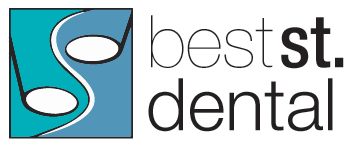Why Snoring is Serious Business
Sleep disordered breathing can affect up to one in three adults.
Contributing factors to sleep apnoea are Age, Weight and upper airway structure, that is whether you have a narrow airway or not.
Image via Mayo Clinic (Mayo foundations for Medical Education and Research)
If your airway collapses when you are relaxed and sleeping, the movement of the air through the restricted airway can lead to the noise we know as snoring.
If the airway collapses and blocks off for a period of time this results in a pause in the breathing or apneic event. The body then momentarily wakes up in order to start breathing again. These awakenings are so brief you may not realise they have happened.
This puts strain on your body reducing the quality of your sleep and contributes to other health impacts such as high blood pressure, reflux, depression, and increase the risk of heart disease and stroke.
“People with untreated sleep apnoea are more than 6 times more likely to be involved in a car crash!”
What steps should I take next?
If you or someone you love snores, then book an appointment with your GP for an assessment. They may then refer you for a sleep study to assess your sleep and see what’s happening with your breathing overnight. Sometimes these studies can be done in the comfort of your own bed rather than staying overnight in hospital.
Why is my dentist telling me this?
Once diagnosed you may be prescribed a CPAP machine, however if you have mild sleep apnoea or snoring then you may be suitable for a dental appliance that holds your jaw forward when you are asleep.
Oral appliances can only be provided by a dentist that has completed appropriate education.
Image via SomnomedOral appliances are also useful for those who are travelling as they are much more easy to pack than a CPAP machine and they can also be provided to patients who have tried CPAP and failed to find it comfortable.
Dentists can see signs in the mouth that may indicate sleep disordered breathing, and arrange appropriate referral.
If you would like some tips on how to get the ball rolling with a screening for sleep disordered breathing or to see if an oral appliance can help you, please call the practice on 02 6921 5799 and book an appointment with Dr Helen Powis.


